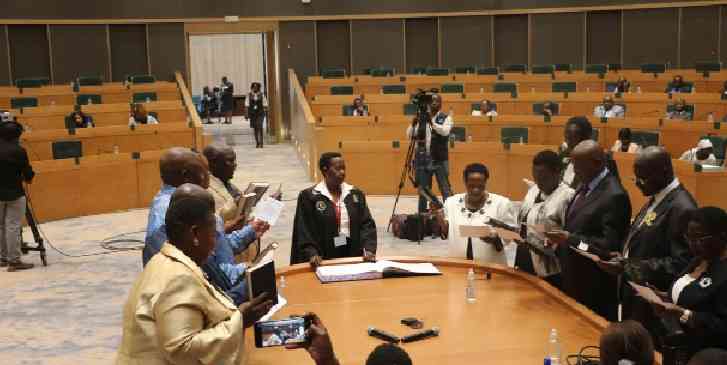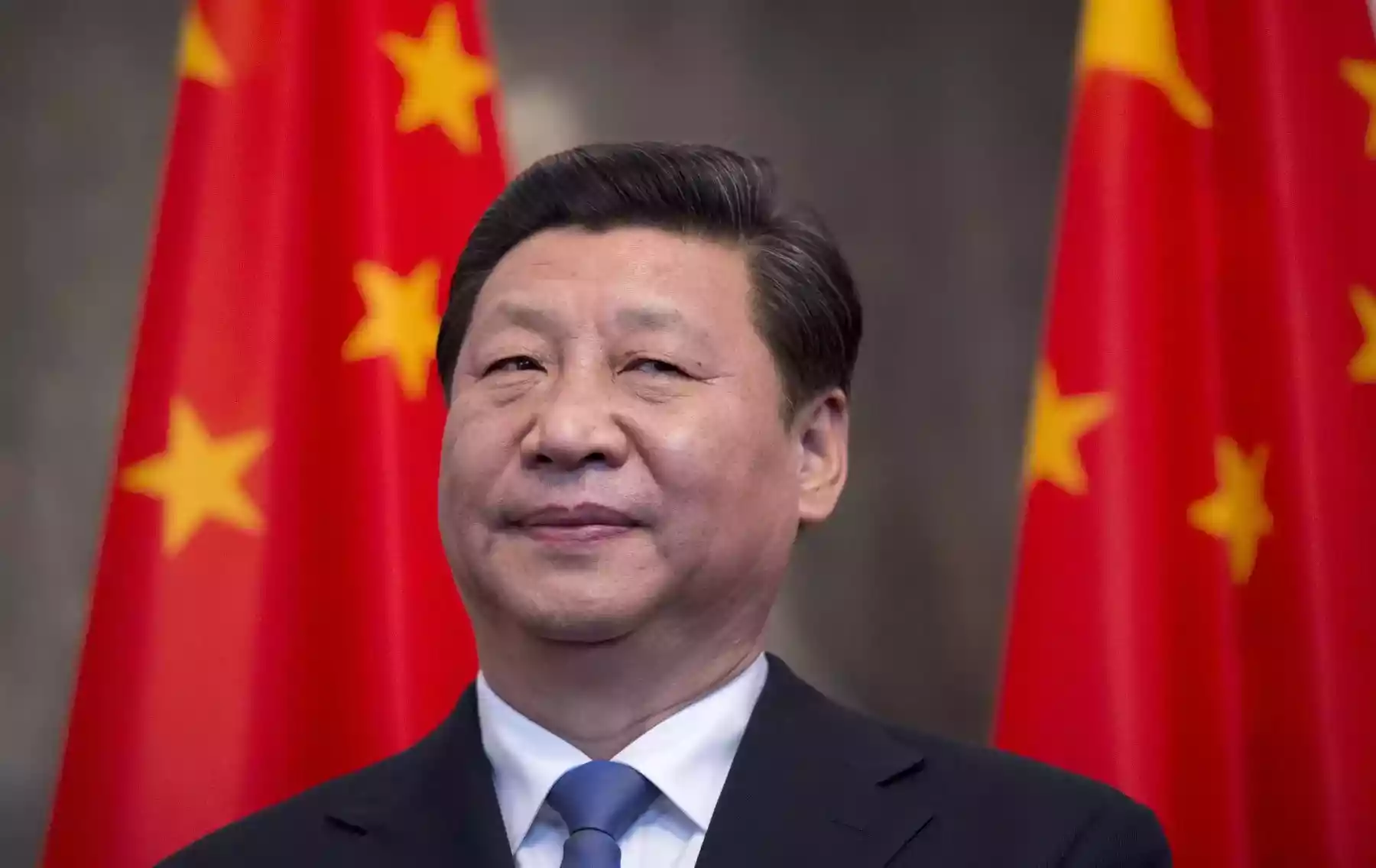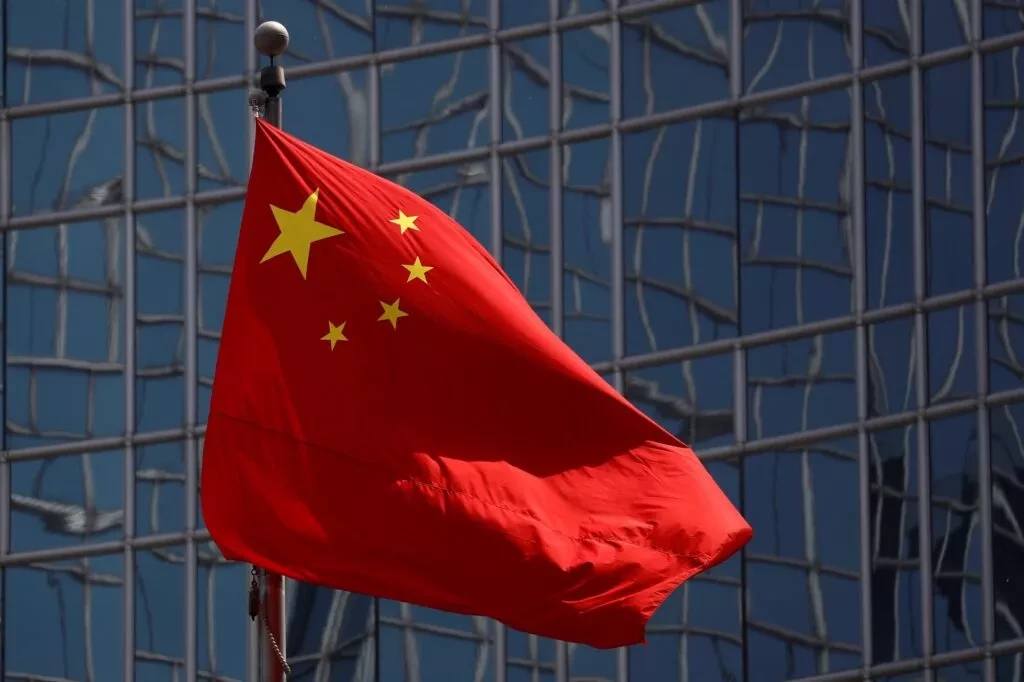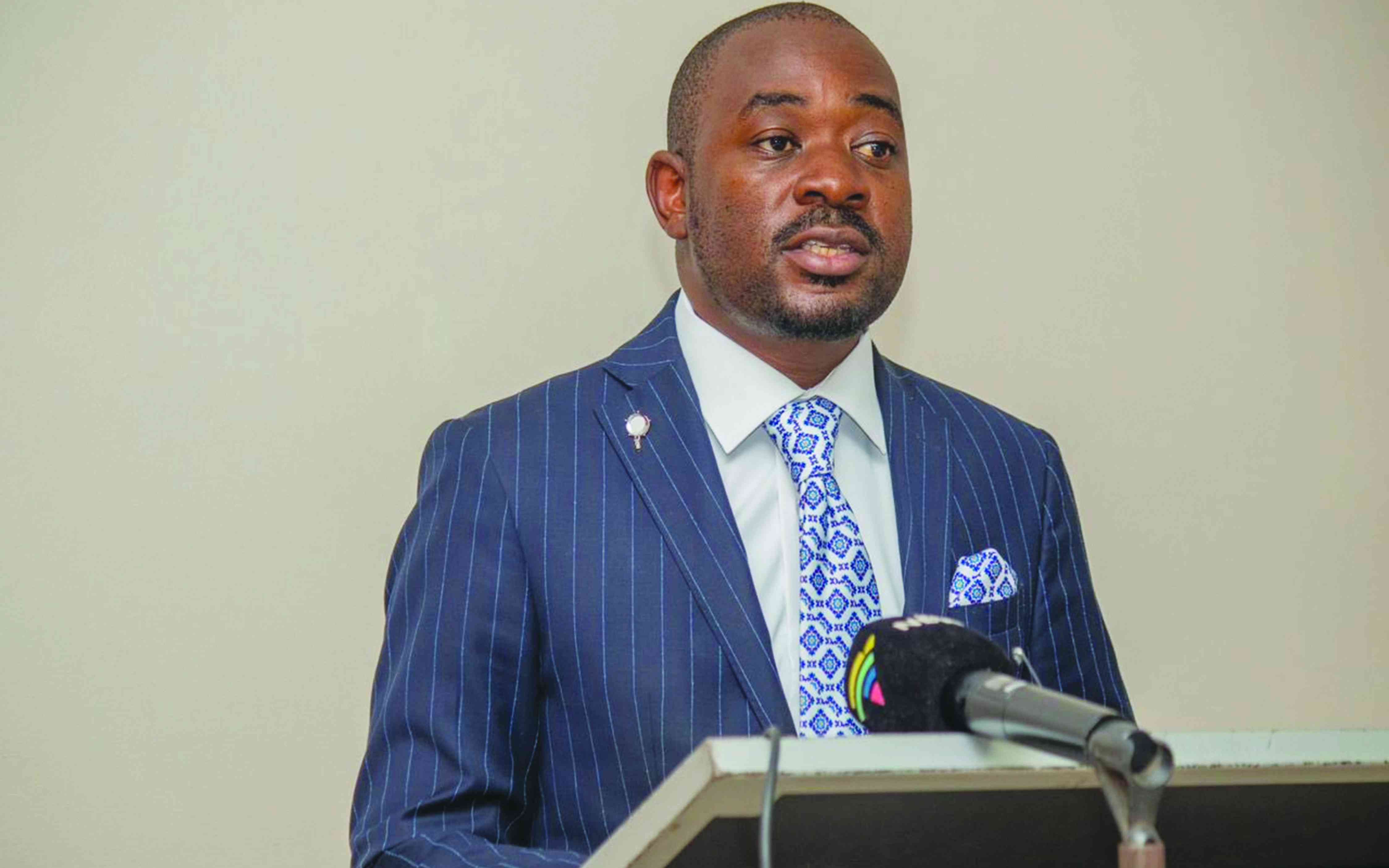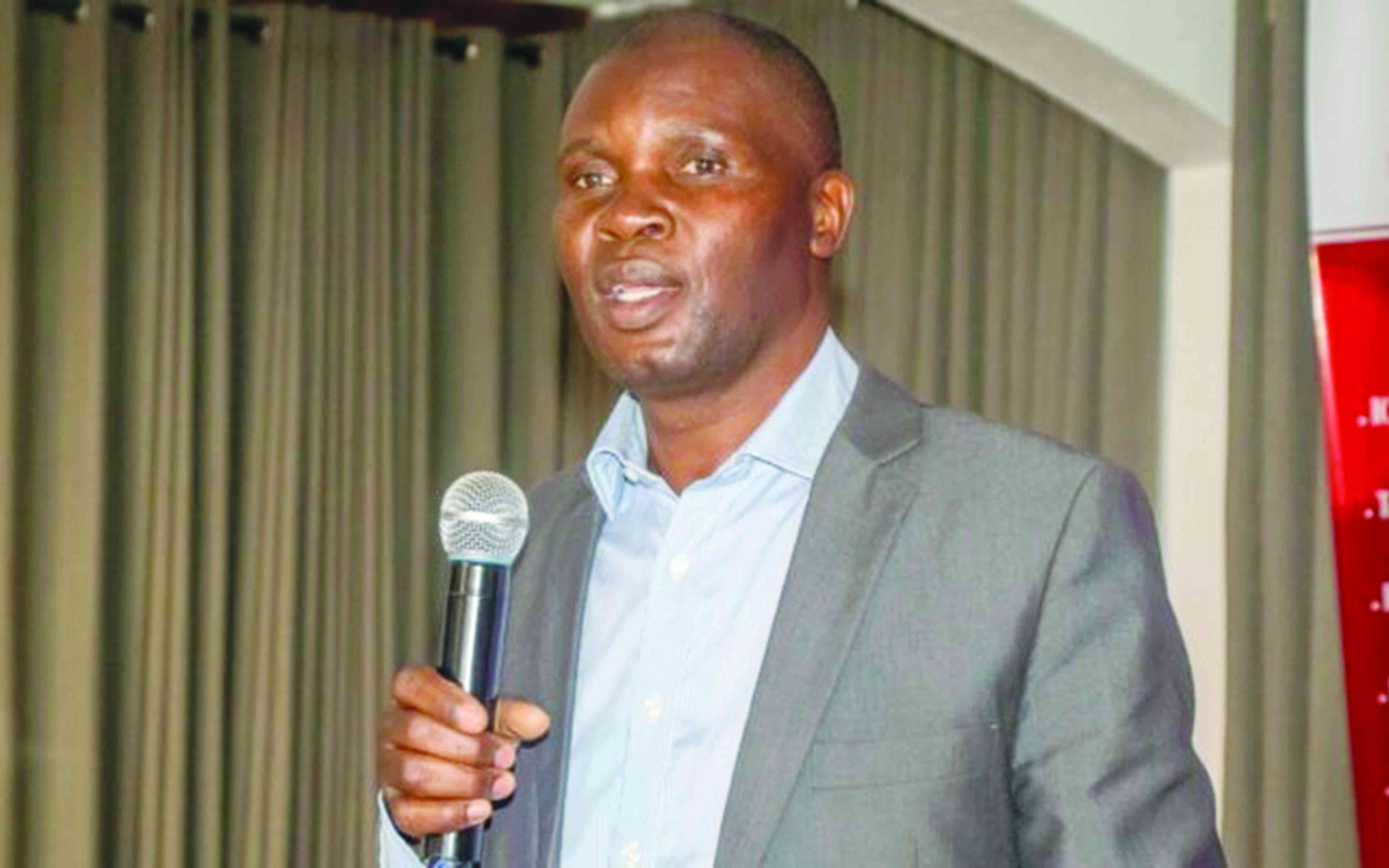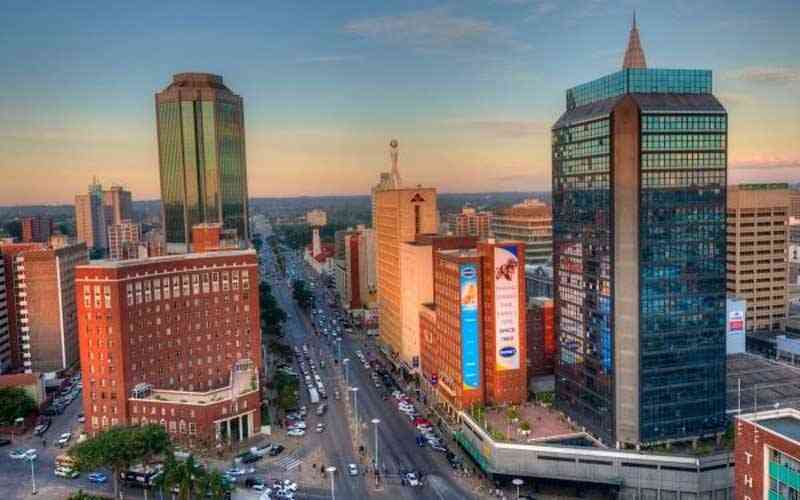
Cities are critical investment engines for economic development. For example, Dubai, New York, London, Paris, Tokyo, Singapore, Mumbai, Hong Kong, Frankfurt, Doha, Cape Town, Johannesburg and Shanghai are economic hubs. Research has shown that cities are critical for economic development and attracting foreign direct investment (Bairoch, 1991; UN-Habitat, 2011).
In Africa, the transformation and modernisation of Kigali (Rwanda), Nairobi (Kenya), Port Louis (Mauritius) provides evidence of the role of cities in economic development. According to UN-Habitat, cities generate more than 80% of global GDP (UN, 2011). Global cities like New York, London, and Tokyo used to account for more than 60% of world financial markets contributing to their countries’ economic development (UN, 2011). It is evident that cities have to be run efficiently and governed as an economic institution.
The economic ambitions of Zimbabwe to be a middle-income economy by 2030 cannot be achieved, unless urgent action is taken to reform the cities into investment institutions and centres.
This article implores for the urgent reform of the governance of cities in Zimbabwe which have become an impediment to economic development and attracting foreign direct investment (FDI). Many of the cities have become uninvestable due to poor infrastructure, poor service delivery, corruption, unplanned settlements, poor corporate governance, and sad ambience. There is an irony that the state of the capital city gives an impression of the state of the economy in a country.
Infrastructure and service delivery
Major economic cities in Zimbabwe like Harare, Bulawayo, Mutare, and Gweru are characterised by poor service delivery, outdated infrastructure, and poor governance evidenced by failing to supply clean water, working street lights, pothole-ridden roads, poor health services, poor traffic lights, debt, poor waste management systems, clogged drainage systems, and medieval diseases like cholera and typhoid.
Many cities have lost their ambience due to uncontrolled vending, poor sewage drainage destroying the ecosystem and marine life, and wetlands that are fast disappearing due to urban cultivation and unplanned settlements.
Governance
- Pakistani journalist shot dead in Kenya
- COP27: UAE and Egypt agree to build one of world's biggest wind farms
- African govts urged to partner CSOs in fight against drug abuse
- Kenya promises scholarships to republic day attendees
Keep Reading
The governance of local authorities in Zimbabwe is largely based on a political system which provides scope for interference. This governance system has been the biggest threat to cities with the word “by-law” having lost meaning. The past weeks have been characterised by outcries over the state of cities like Bulawayo and Harare (Chronicles, 22 January 2023; The Standard, 22 January 2023; The Sunday Mail, 22 January 2023; The Independent, 20 January 2023; Newsday 20 January 2023). Cities and towns are governed by the Urban Councils Act [29:19].
The local governance systems in Zimbabwe provide broad scope for high councillors’ involvement in operational decision making instead of being restricted to policy formulation. This approach is no longer compatible with smart cities and investment hubs like Dubai, Doha, Shanghai, Munich, Chicago, Oslo, and Tokyo. In developed countries, mayors are elected or appointed based on a track record of having successfully run organisations or institutions.
Some countries have executive mayors elected with a clear mandate to ensure the city delivers expected results and status. It is very unfortunate that many international and large companies have been at the losing end, with some opting to leave the country to neighbouring countries like Zambia and Botswana.
Business model
The business model of major cities in Zimbabwe is based on collecting rates and fees from businesses and residents, and selling land. This model is traditional and incompatible with modern trends of smart and competitive cities that attract investments. Competitive and modern cities have diversified revenue sources from rates, licence fees and land sales.
Once a city sells its land, it’s never going to have it back. The traditional model of relying on ratepayers has crippled many cities in Zimbabwe forcing them to deplete their land bank and turn wetlands into residential stands. While the cities may be limited by the Urban Councils Act [29:15], it can be changed to allow them scope for developing other revenue streams as investment institutions.
Sustainable business model for progressive cities derive the bigger part of their revenues from investments such as office parks, transport (operating city bus companies and metro-trains), industrial parks, ICT facilities, inland dry ports (Storage facilities), Morden housing, tourism, conference centres, asset management, financial investments, joint ventures, and sustainable services.
Some cities have investments in private companies and derive revenue from dividends and investment returns which allows them to subsidise rates for residence. This used to be the model for Harare in the early 1980s, when they used to operate companies like Rufaro Marketing etc. In South Africa, the City of Tshwane provides electricity services and operates a bus company.
Cities like Harare should be operating a solar farm which lights its streets or operate a company that supplies gas to residents instead of just waiting for residential and business rates. This model allows a city to transform into an investment harbour like Port Louis (Mauritius) which has turned itself into the financial centre of Africa.
City ambience
It is quite sad to walk in First Street in Harare which has turned into a vending street resulting in many businesses abandoning the Central Business District (CBD). The streets have become filthy while gardens are littered and public toilets gush sewage. Many large companies which used to be headquartered in the CBD have abandoned city buildings for low density houses and office parks.
The chaotic nature and unpleasant ambience of Harare’s CBD have left property companies paying the price.
It is a reality that cities in Zimbabwe have lost the ambience to attract quality foreign investors for the national economy. Going around, it's hard to separate the cities from farms because every open space is being used for maize and vegetable cultivation, open churches with no proper facilities, and other forms of informal activities.
Many shopping centres are now characterised by wooden and plastic market stalls. Some district offices in Harare cannot event cut grass at their own offices or even pick litter.
As such, how do you expect these cities to achieve smart cities echoed by SDG 11: Smart cities and communities.
Special economic zones
If Zimbabwe is going to achieve its development agenda 2030, there is an urgent need for the Government to designate cities like Harare, Bulawayo, and Mutare as Special Economic Zones. In addition, amendment of the Urban Councils Act [29: 15] will be required to ensure the cities are run by executive mayors who are qualified for the job and appointed on merit of proven track record of running successful organisations, institutions or companies.
It is important to note that Dubai is a special economic zone of the United Arab Emirates (UAE), while Abu Dhabi acts as their capital city. The same model is replicated in Qatar in which Doha is the capital city but also serves as a special economic zone. In China, Shenzhen, Shantou, and Zhuhai are special economic zones while in Zimbabwe, the Victoria Falls was granted SEZ status in January 2022.
In conclusion, cities should be regarded as investment institutions which should contribute to economic development. Zimbabwe needs to learn from the transformation of Nairobi into an economic hub of East Africa.
The ambience of cities like Harare, Bulawayo, Gweru, and Mutare has downgraded them to towns. Unless urgent reforms are taken, these cities are unlikely to attract meaningful and quality investment. Harare, as the capital city, is a key economic indicator of the entire economy and the Country.
Therefore, designating the city as a special economic zone provides the opportunity for cleaning it up, restoring order, and by-laws to give investors confidence. Lastly, it will be a myth that Harare will develop to be a competitive economic city through rates and fees from residents and businesses.
Ndamba is the chief executive of the Institute for Sustainability Africa (INŚAF), an independent think tank and research institute ‘advancing sustainability initiatives for Africa’. These weekly New Perspectives articles are coordinated by Lovemore Kadenge, independent consultant, past president of Zimbabwe Economics Society (ZES) & past president of the Institute of Chartered Secretaries & Administrators in Zimbabwe (ICSAZ) now under a new name Chartered Governance and Accountancy Institute in Zimbabwe (CGI Zimbabwe) . — [email protected] or mobile +263 772 382 852

